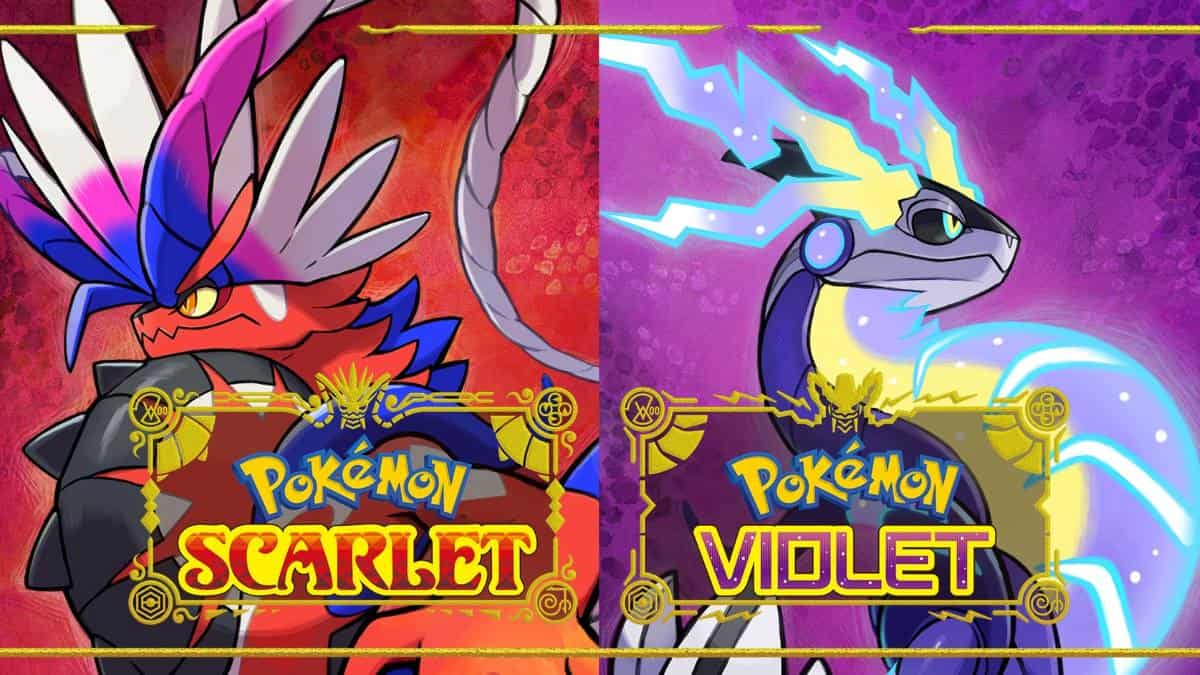As the Pokemon franchise continues to expand, so does the timeline. Following the release of Scarlet and Violet last year, we’re now gearing up for the launch of the Hidden Treasure of Area Zero DLC. Set to drop on September 13, Part 1: The Teal Mask will take us to the land of Kitakami. In this region, Pokémon of the past are commemorated, which seems to tie in with the new timeline highlighted in Pokémon Legends: Arceus. Here’s a rundown of all mainline Pokemon games in order of release and their place in the growing series of events to help you on your next replay.
All Mainline Pokemon Games in Order of Release
Pokémon Red and Green (Japan, 1996)
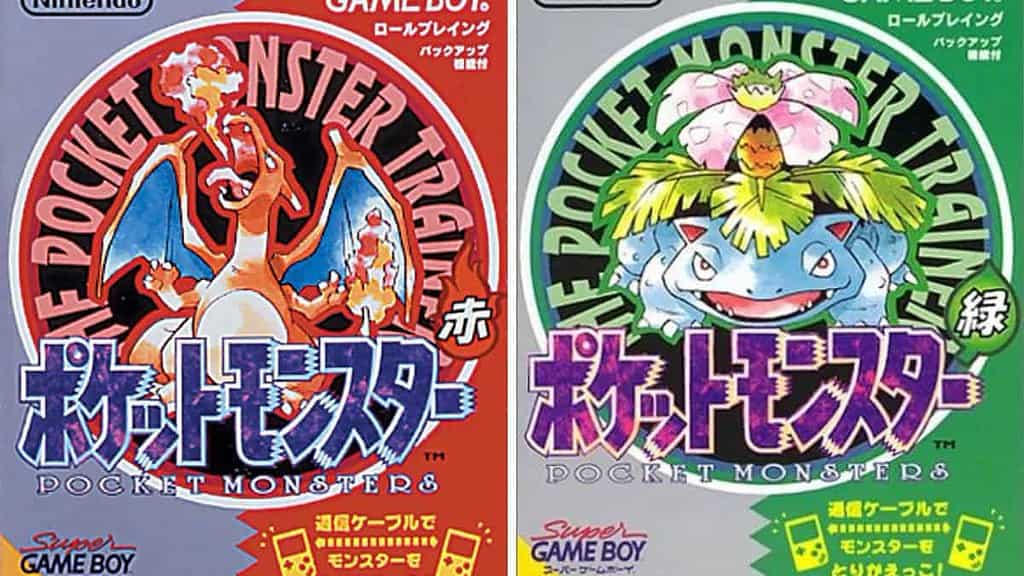
Released exclusively in Japan, Red and Green are the first games in the series. Both titles take place in the Kanto region, where you can choose your starter, earn gym badges, and challenge the Pokémon League.
- Generation: 1
- Platform: Game Boy
Pokémon Red and Blue (1998)
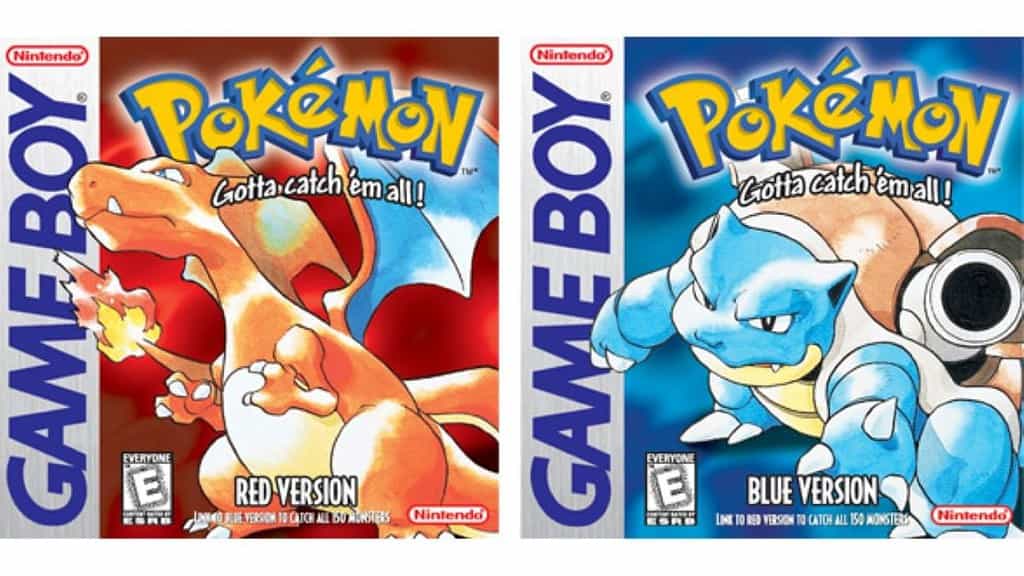
Red and Blue mark a re-release of sorts, mirroring the Japan-exclusive titles, Red and Green. They take place in the Kanto region, following the same series of events as their Japanese counterparts.
- Generation: 1
- Platform: Game Boy
Pokémon Yellow (1999)
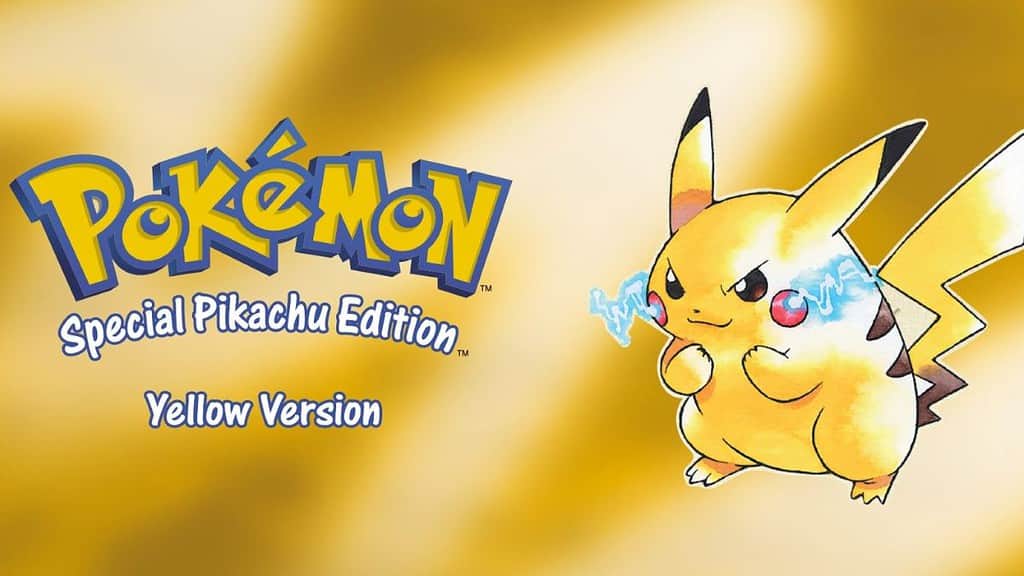
Yellow also takes place in Kanto and follows the same series of events as previous titles. This entry pairs you up with your very own Pikachu as an homage to the animated series, and allows you to catch all three Kanto starters to boot.
- Generation: 1
- Platform: Game Boy, Game Boy Color
Pokémon Gold and Silver (2000)
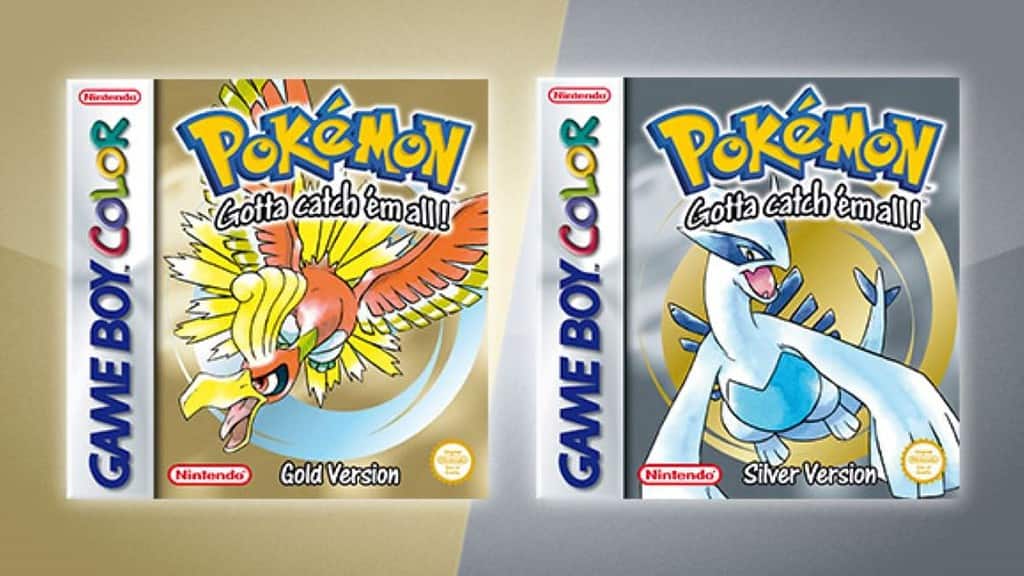
Gold and Silver begin a new journey in the Johto region. Following a storyline that’s directly related to previous titles, you can revisit the Kanto region after earning all eight badges to challenge even more gyms and catch more Pokémon.
- Generation: 2
- Platform: Game Boy Color
Pokémon Crystal (2001)
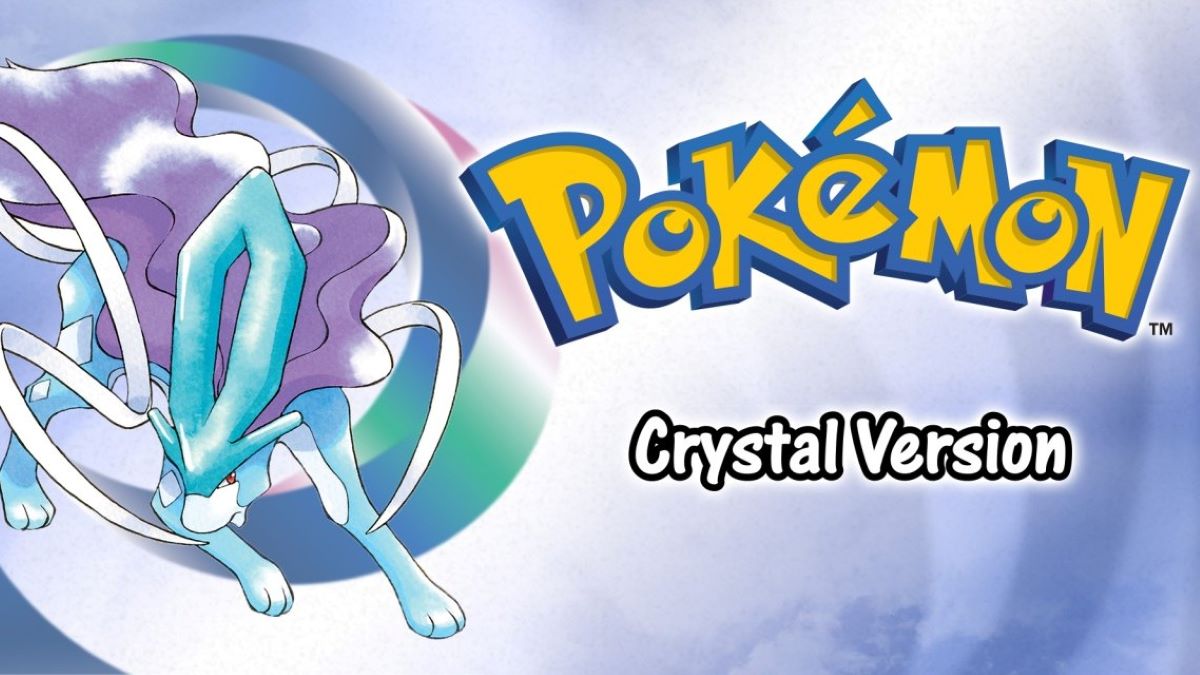
Like Gold and Silver, Crystal is set in the Johto region. However, the third installment to the second generation sets itself apart with the introduction of series staples, like a female protagonist option, the day and night cycle, and animated sprites.
- Generation: 2
- Platform: Game Boy Color
Pokémon Ruby and Sapphire (2002)
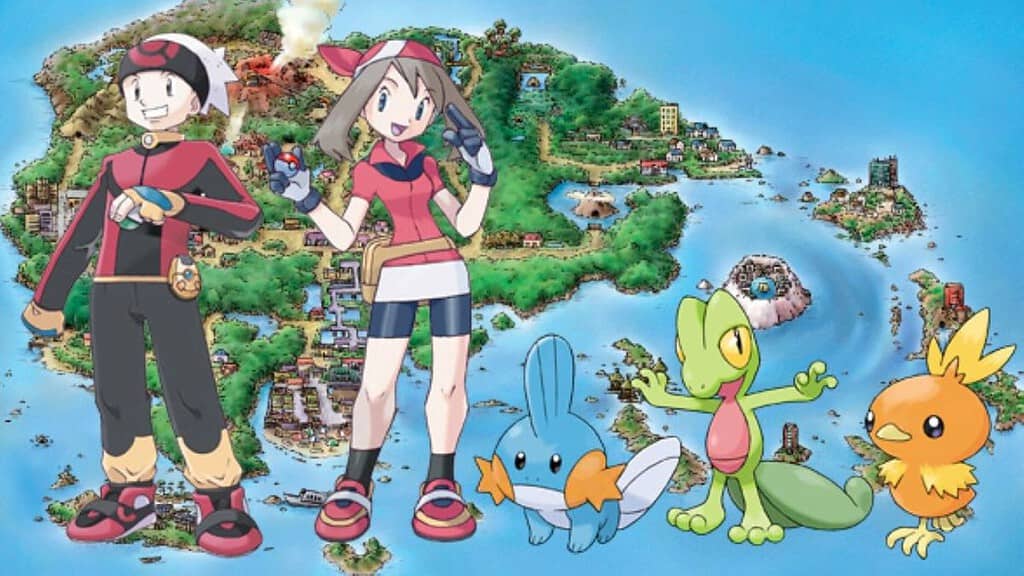
Ruby and Sapphire move to the Hoenn region. These entries retain previously introduced features while adding a few of their own, like base-building, diving, and Pokémon Contests.
- Generation: 3
- Platform: Game Boy Advance
Pokémon FireRed and LeafGreen (2004)
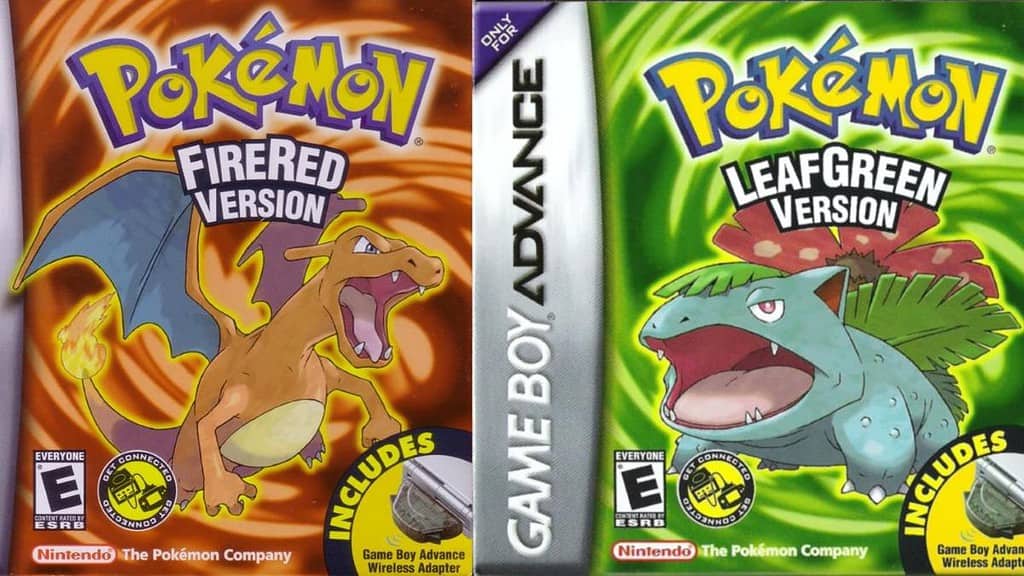
FireRed and LeafGreen are remakes of the first entries in the series. Optimized with better graphics and a wider variety of moves to teach your Pokémon, these entries breathed new life into Kanto.
- Generation: 3
- Platform: Game Boy Advance
Pokémon Emerald (2005)

Emerald is the third title in Generation 3, taking place in Hoenn alongside Ruby and Sapphire. However, this entry famously combined the plot of the first two titles and introduced the Legendary Pokémon, Rayquaza.
- Generation: 3
- Platform: Game Boy Advance
Pokémon Diamond and Pearl (2007)

Diamond and Pearl introduced the Sinnoh region, which is now known as one of the oldest regions in the series. Here, you can participate in Pokémon Contests, walk with your cutest Pokémon in Amity Square, and mine in the Underground.
- Generation: 4
- Platform: Nintendo DS
Pokémon Platinum (2009)
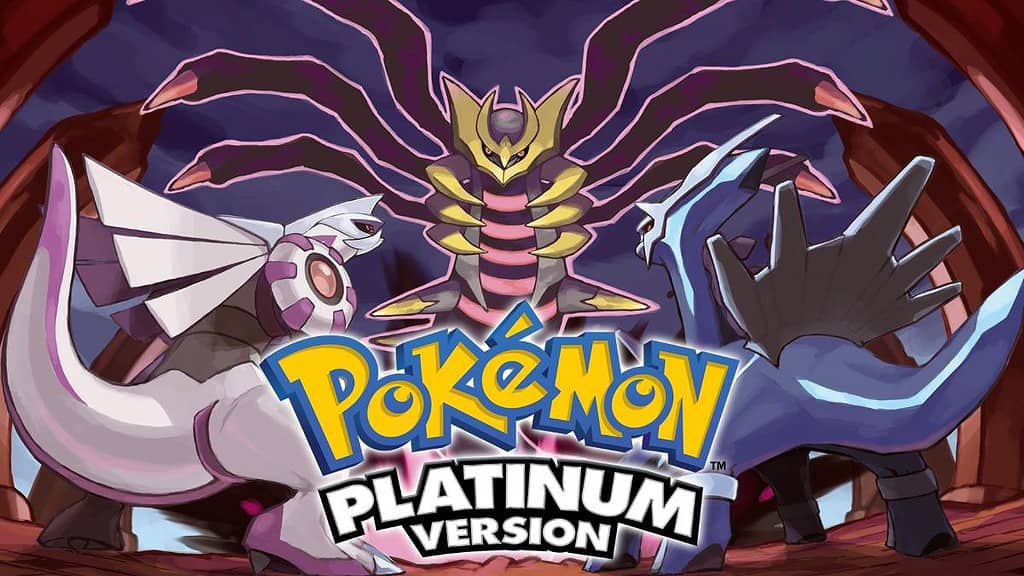
Platinum is the third entry to Generation 4, mirroring the plots of Diamond and Pearl. Remaining in the Sinnoh region, the Legendary Pokémon, Giratina, is introduced alongside the Distortion World.
- Generation: 4
- Platform: Nintendo DS
Pokémon HeartGold and SoulSilver (2010)
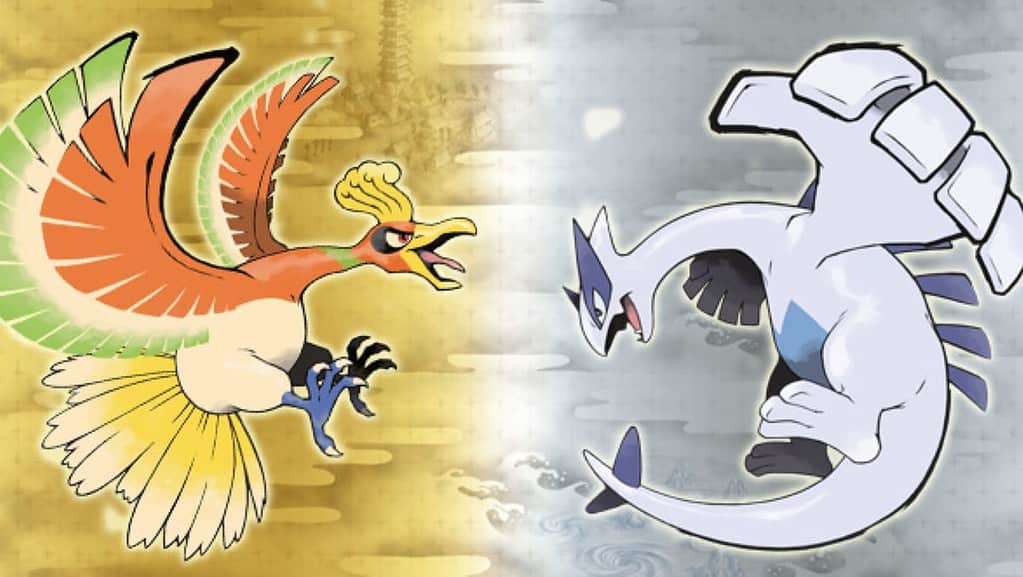
HeartGold and SoulSilver are the beloved remakes of Gold and Silver. Taking place in the Johto region, these entries famously allow you to walk with your Pokémon partners and revisit Kanto with improved graphics.
- Generation: 4
- Platform: Nintendo DS
Pokémon Black and White (2011)

Taking place in the Unova region, Black and White introduced the most new Pokémon since Generation 1. This generation also added several exclusives, like seasons, rotation battles, and the WiFi-connected Dream World.
- Generation: 5
- Platform: Nintendo DS
Pokémon Black 2 and White 2 (2012)

Black 2 and White 2 are the first true sequels in the Pokémon franchise. Following the events of Black and White, you’ll travel the Unova region in reverse, facing new gym leaders and a new Champion.
- Generation: 5
- Platform: Nintendo DS
Pokémon X and Y (2013)
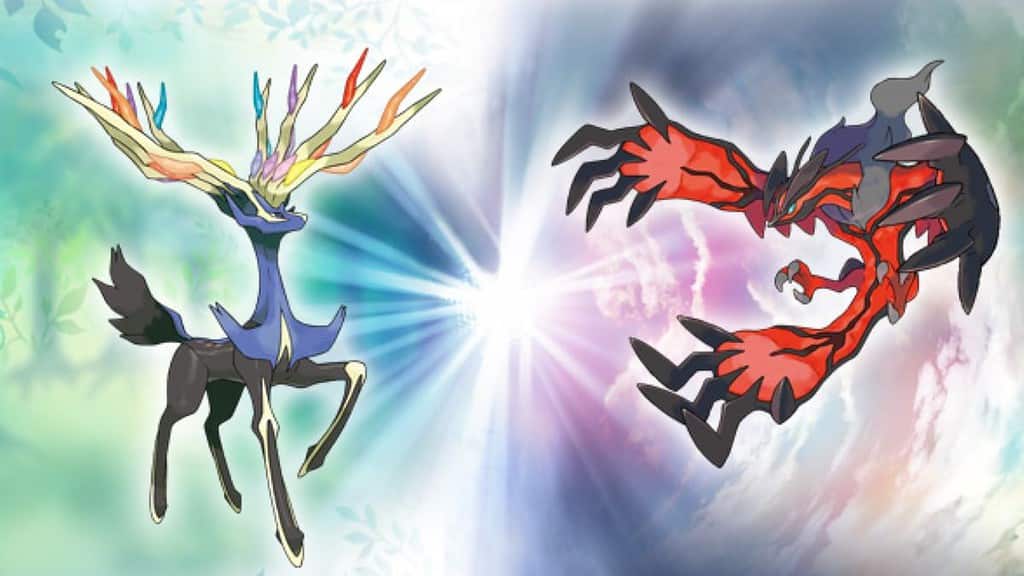
X and Y take us to the Kalos region. With a more streamlined plot, these entries introduced Mega Evolution for select Pokémon as well as character customization and extensive clothing options.
- Generation: 6
- Platform: Nintendo 2DS, Nintendo 3DS
Pokémon Omega Ruby and Alpha Sapphire (2014)
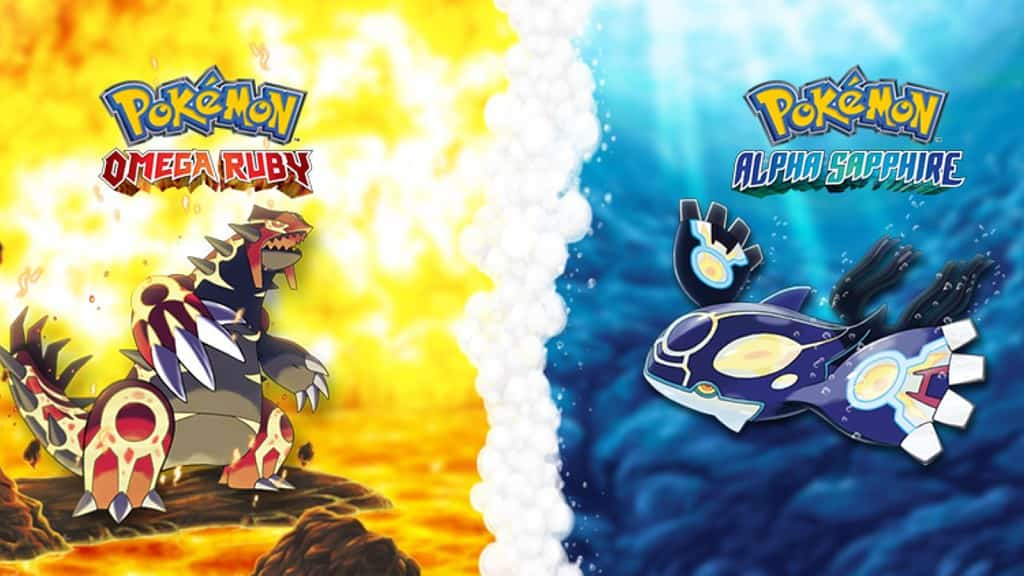
With new-and-improved graphics and access to Mega Evolution, Omega Ruby and Alpha Sapphire reimagined the original games, Ruby and Sapphire. Following the same story, you can catch even more Pokémon and connect to the internet to meet other players in Secret Bases all around the world.
- Generation: 6
- Platform: Nintendo 2DS, Nintendo 3DS
Pokémon Sun and Moon (2016)
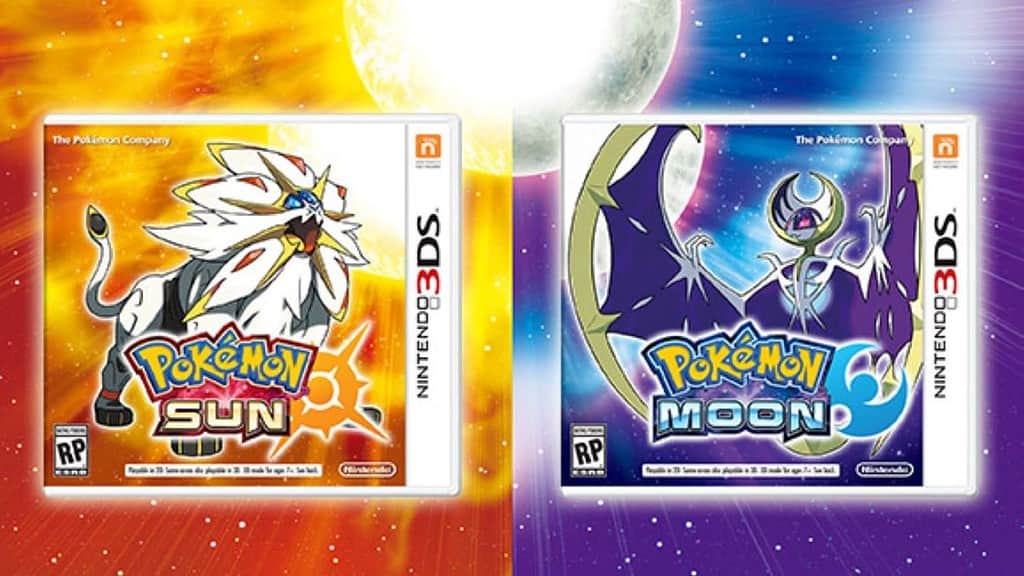
Set in the Alola region, Sun and Moon are the first titles to completely overhaul HMs and gyms. In their place, Ride Pokémon, Totem Pokémon, and trials were introduced. Z-moves are also an exclusive battle phenomenon here.
- Generation: 7
- Platform: Nintendo 2DS, Nintendo 3DS
Pokémon Ultra Sun and Ultra Moon (2017)
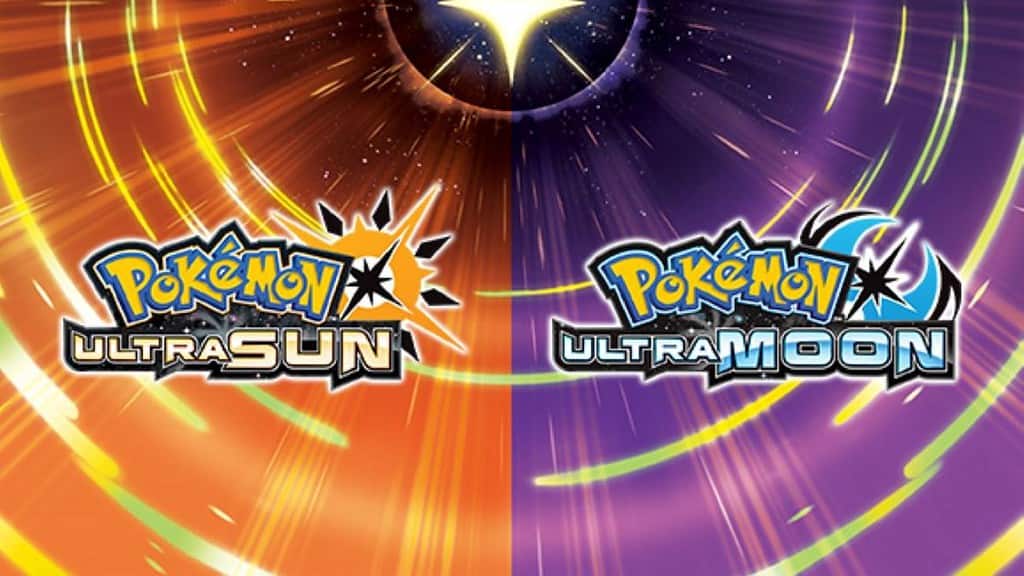
Ultra Sun and Ultra Moon aren’t exactly sequels to Sun and Moon, but rather a reimagining of the events that took place in the previous titles. These entries featured Mantine Surfing and the Battle Agency.
- Generation: 7
- Platform: Nintendo 2DS, Nintendo 3DS
Pokémon Let’s Go, Pikachu! and Let’s Go, Eevee! (2018)
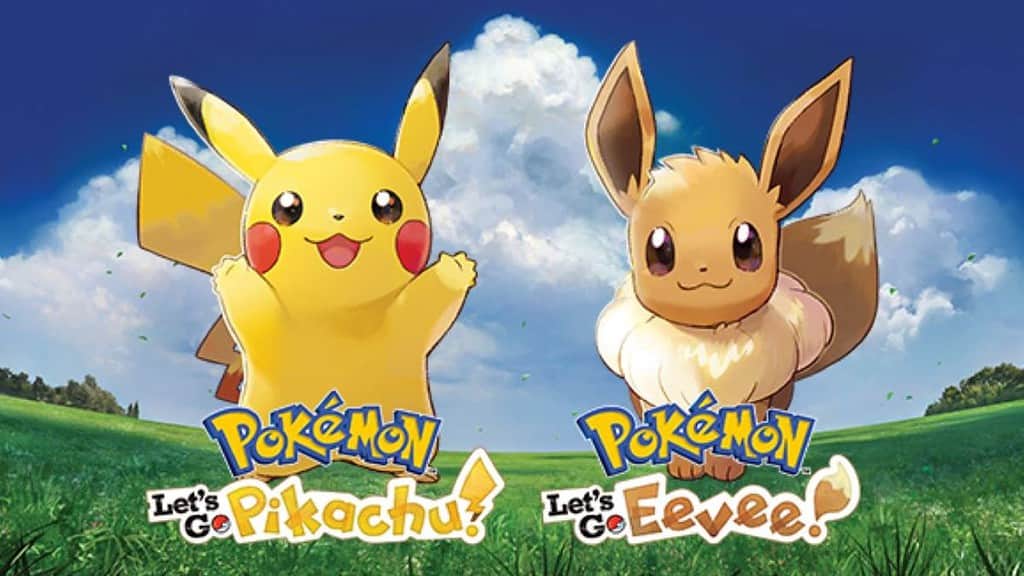
Similar to Yellow Version, Pikachu and Eevee take center stage as your partner Pokémon in the Let’s Go titles. Taking place in Kanto, you can now encounter Pokémon in the overworld as you play through the story first featured in the Generation 1 games.
- Generation: 7
- Platform: Nintendo Switch
Pokémon Sword and Shield (2019)
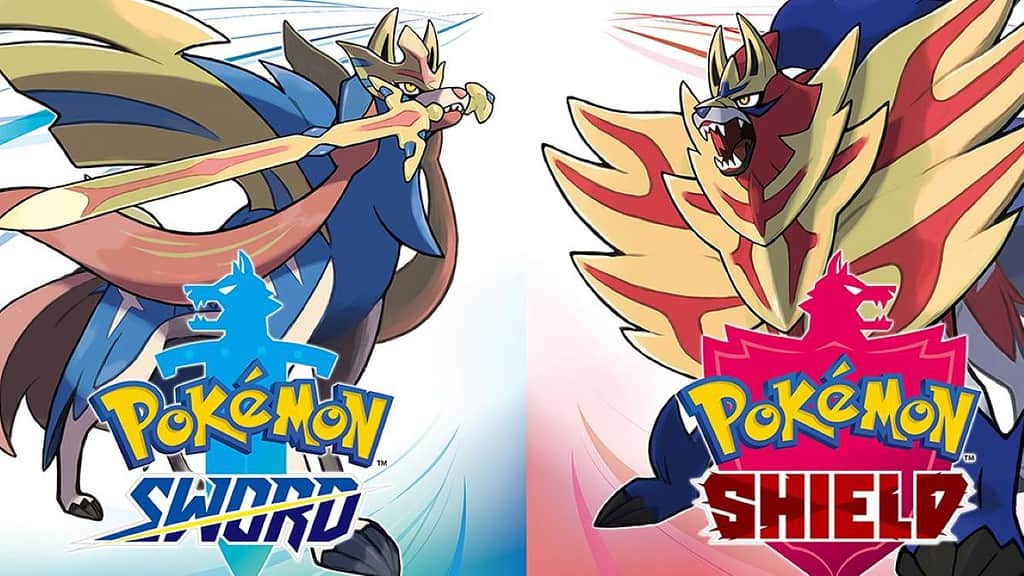
Sword and Shield are set in the Galar region. Featuring elements of both an open and closed world, these titles introduced the Wild Area, where you can take on Max Raids. This region is also known for the Dynamax phenomenon and its DLC packs, Crown Tundra and Isle of Armor.
- Generation: 8
- Platform: Nintendo Switch
Pokémon Brilliant Diamond and Shining Pearl (2021)
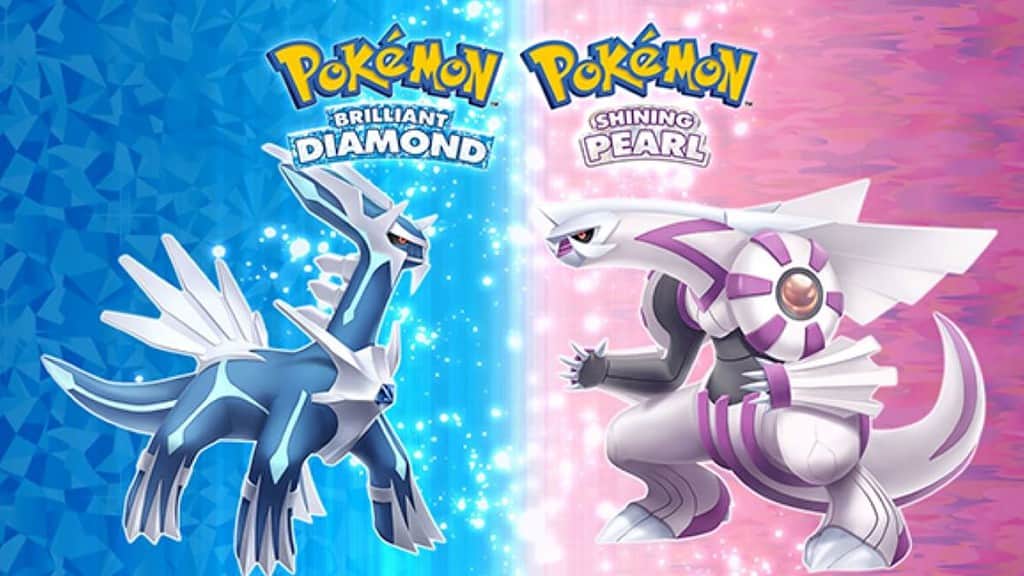
Brilliant Diamond and Shining Pearl take us back to the Sinnoh region with a similar art style and smoother graphics. These titles combined elements of both the original games and the Let’s Go entries to create a unique gameplay experience.
- Generation: 8
- Platform: Nintendo Switch
Pokémon Legends: Arceus (2022)
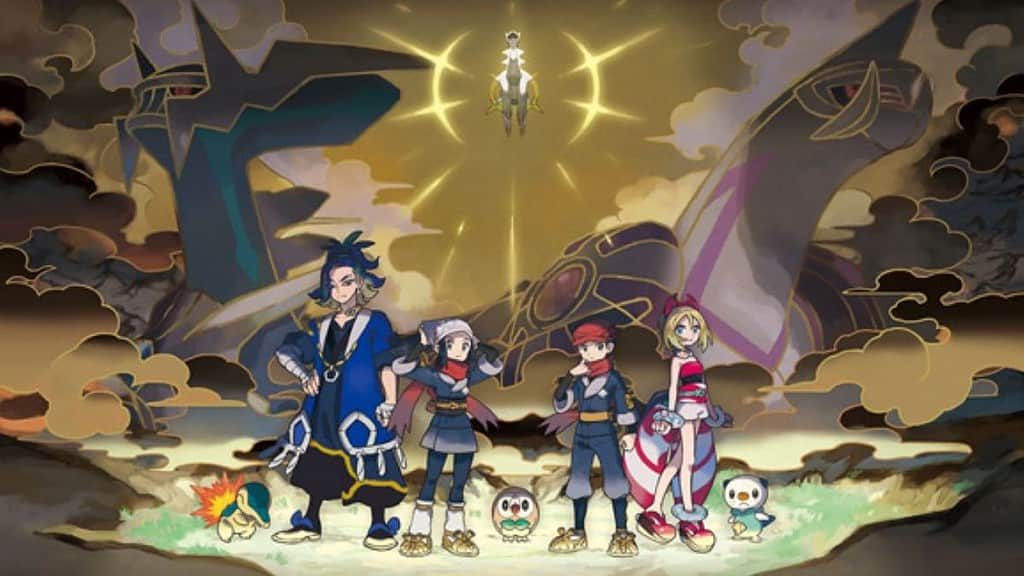
While it’s frequently referred to as a spin-off, Legends: Arceus is a mainline prequel to Diamond and Pearl. It features a vastly different story, battle mechanic, and system of controls than any other entry. Taking place in Hisui, an ancient Sinnoh region, the game introduces a semi-open world as well as several evolutions of classic Pokémon and wild Alpha Pokémon.
- Generation: 8
- Platform: Nintendo Switch
Pokémon Scarlet and Violet (2022)
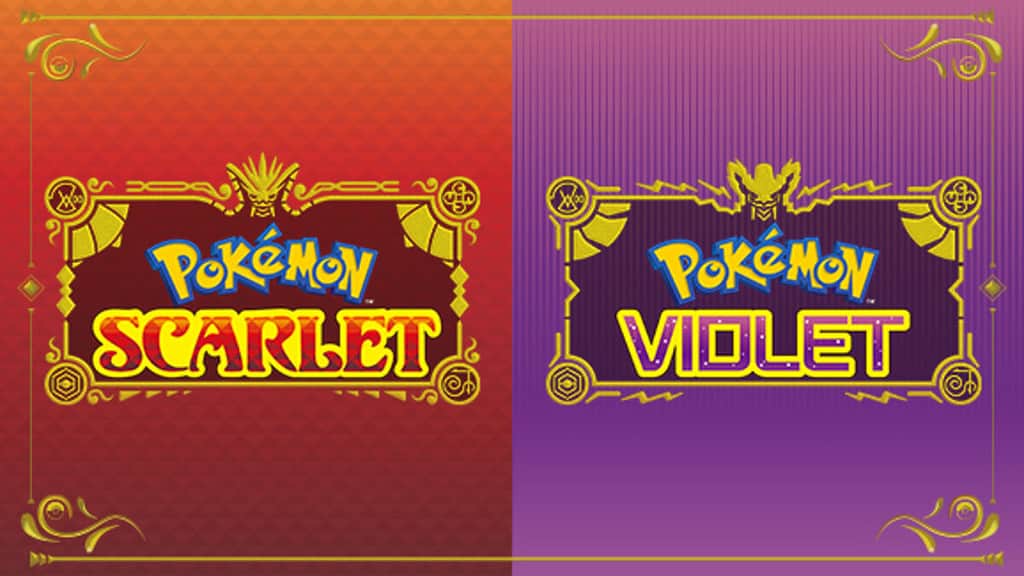
Scarlet and Violet are the most recent entries in the series and the first to introduce a true open world. Despite their lack of level-scaling, you can take on gyms, Team Star Bases, and Titan Pokémon in any order you please. These entries also infamously snubbed extensive clothing options. The two-part Hidden Treasure of Area Zero DLC is set to arrive on September 13.
- Generation: 9
- Platform: Nintendo Switch
All Mainline Pokémon Games in Chronological Order
- Pokémon Legends: Arceus
- Pokémon Red, Green, Blue, and Yellow
- Pokémon FireRed and LeafGreen
- Pokémon Let’s Go, Pikachu! and Let’s Go, Eevee!
- Pokémon Gold, Silver, and Crystal
- Pokémon HeartGold and SoulSilver
- Pokémon Ruby, Sapphire, and Emerald
- Pokémon Diamond, Pearl, and Platinum
- Pokémon Brilliant Diamond and Shining Pearl
- Pokémon Black and White
- Pokémon Black 2 and White 2
- Pokémon X and Y
- Pokémon Omega Ruby and Alpha Sapphire
- Pokémon Sun and Moon
- Pokémon Ultra Sun and Ultra Moon
- Pokémon Sword and Shield
- Pokémon Scarlet and Violet
FAQ: Do remakes count in the Pokémon timeline?
Remakes are generally interchangeable with their original counterparts, but the Pokémon series does follow a fixed timeline to follow when you’re looking to play all main Pokémon games in order. As the franchise continues to grow with the Hidden Treasure of Area Zero expansion coming to Scarlet and Violet, we’re sure to see this timeline expand even further.
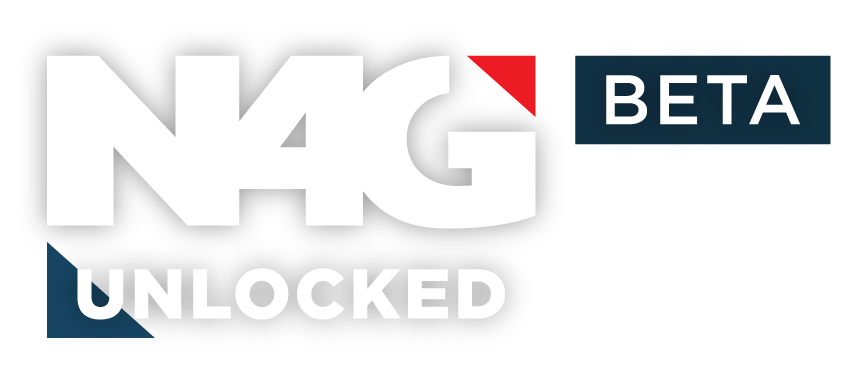


 0 Comments
0 Comments 